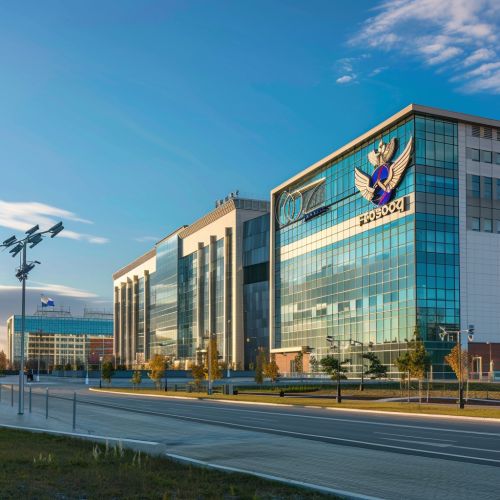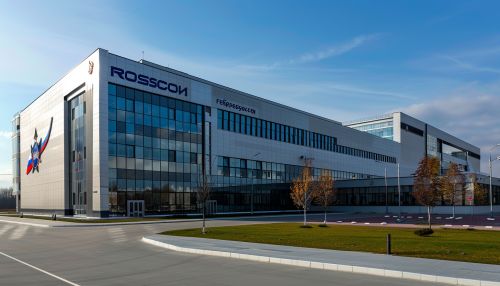Russian Federal Space Agency
Overview
The Russian Federal Space Agency, also known as Roscosmos, is the governmental body responsible for the space science program of Russia and general aerospace research. Established on February 25, 1992, it is one of the leading space agencies in the world, contributing significantly to the advancement of space exploration and technology.


History
The Russian Federal Space Agency traces its roots back to the Soviet Union's space program, which was responsible for a number of significant milestones in space exploration. The Soviet Union was the first to launch a man-made satellite, Sputnik 1, into space in 1957, and the first to send a human, Yuri Gagarin, into space in 1961. The dissolution of the Soviet Union led to the establishment of the Russian Federal Space Agency in 1992.
Organization and Structure
Roscosmos is governed by a Director General, who is appointed by the President of Russia. The agency is structured into several departments, each responsible for different aspects of the Russian space program. These include the Department of Manned Programs, the Department of Unmanned Programs, the Department of Science Programs, and the Department of International Cooperation.
Programs and Missions
Roscosmos has been involved in a wide range of space programs and missions, both manned and unmanned. These include the Soyuz program, the Progress program, the Luna program, and the Mars program. The agency also participates in international collaborations, such as the International Space Station (ISS).
Achievements and Contributions
The Russian Federal Space Agency has made significant contributions to space exploration and technology. It has launched numerous satellites, sent probes to the Moon, Mars, and Venus, and played a key role in the operation of the ISS. The agency has also been instrumental in the development of the Soyuz spacecraft, which has been the workhorse of the Russian space program for over 50 years.
Current Projects and Future Plans
Roscosmos is currently involved in several ambitious projects, including the development of the Angara rocket, the Luna 25 lunar lander, and the Spektr-RG space observatory. The agency also has plans for future manned missions to the Moon and Mars.
Criticisms and Controversies
Like any major organization, Roscosmos has faced its share of criticisms and controversies. These have ranged from allegations of corruption and mismanagement, to technical failures and launch accidents. However, the agency has always strived to learn from these incidents and improve its operations.
